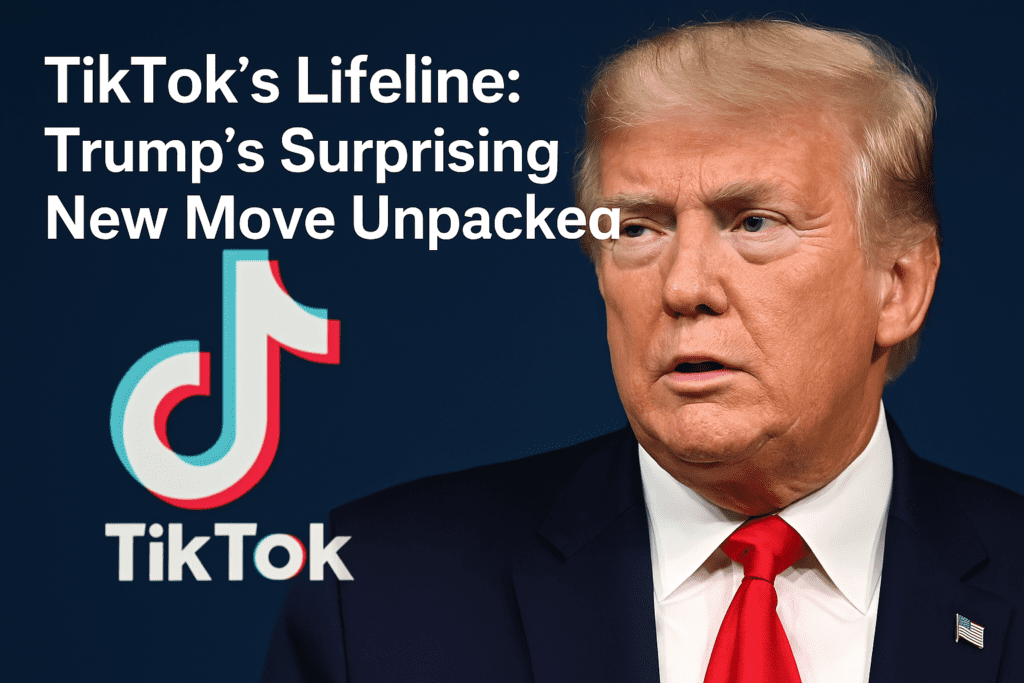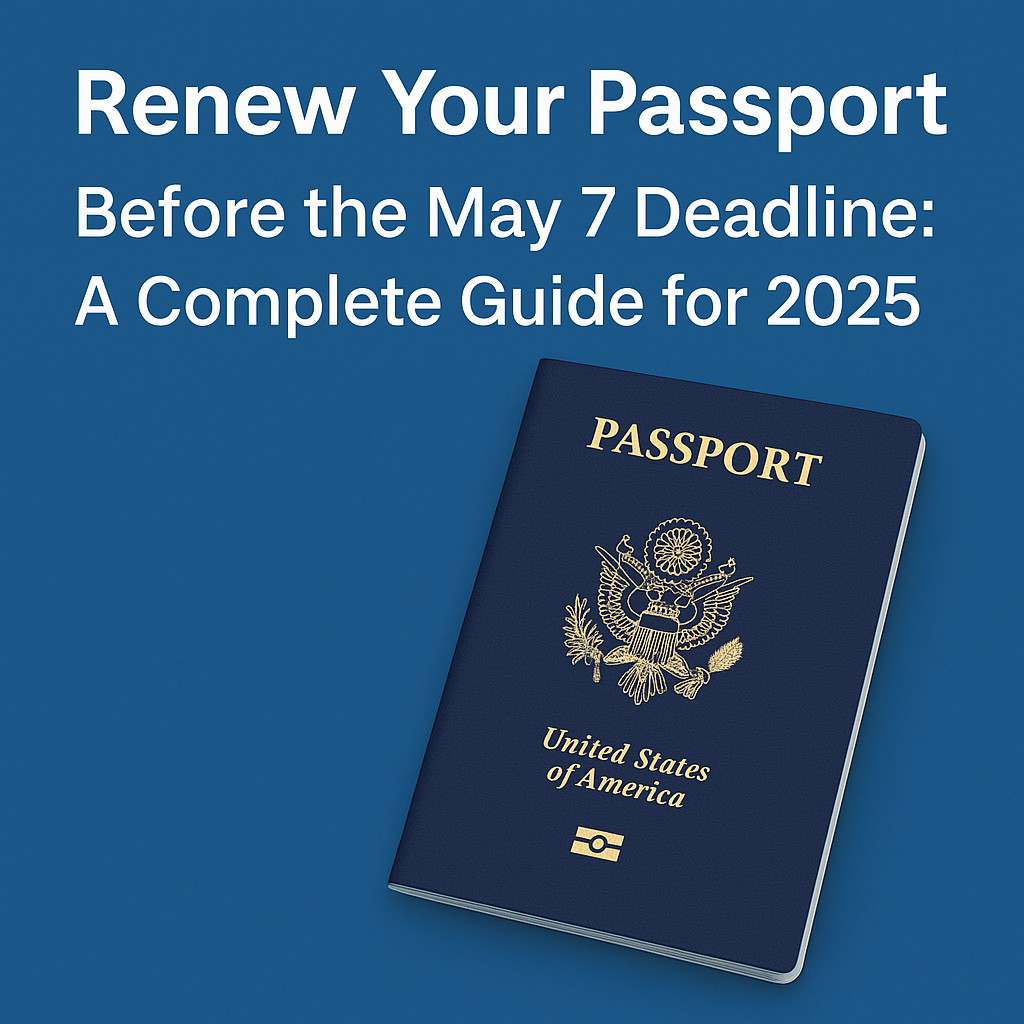In a move that has captured widespread attention, President Donald Trump issued an executive order granting TikTok a 75-day extension to negotiate a deal that would allow it to continue operating in the United States. This development, often referred to as “TikTok’s Lifeline,” has significant implications for the app’s future and its millions of American users. This article delves into the background, the specifics of the executive order, the reactions from various stakeholders, and the potential outcomes of this decision.
The Genesis of TikTok’s Lifeline
TikTok, a social media platform owned by the Chinese company Byte Dance, has faced intense scrutiny from U.S. officials over national security concerns. The apprehension centers on the potential for user data to be accessed by the Chinese government, leading to bipartisan calls for action against the app. In response, legislation was enacted requiring Byte Dance to divest its U.S. operations or face a ban. The initial deadline for this divestiture was set for April 5, 2025.

President Trump’s Executive Order: A Temporary Reprieve
On April 4, 2025, President Trump signed an executive order extending the deadline for ByteDance to sell TikTok’s U.S. operations by 75 days. This extension delays the potential ban and provides additional time for negotiations with potential buyers. The decision was influenced by recent trade tensions, including the imposition of a 34% tariff on Chinese imports by the U.S., which complicated ongoing negotiations.
The Rationale Behind the Extension
President Trump emphasized the importance of keeping TikTok operational in the U.S., where it boasts approximately 170 million users. He highlighted the platform’s role in supporting creators and small businesses, noting that an abrupt ban could disrupt livelihoods and economic activities. The extension aims to provide a window for a deal that satisfies national security concerns while allowing TikTok to continue its operations. Latest news & breaking headlinesWSJBusiness Insider
Potential Buyers and Negotiation Challenges
Several American companies have expressed interest in acquiring TikTok’s U.S. operations. Notable potential buyers include Oracle, Amazon, and a group led by OnlyFans founder Tim Stokely. However, the negotiations have been fraught with challenges, particularly in light of the recent tariffs and the need for approval from both U.S. and Chinese authorities. ByteDance has indicated that any deal would require Chinese legal approvals, adding another layer of complexity to the negotiations. Business Insider+4Latest news & breaking headlines+4New York Post+4The Guardian+4New York Post+4WSJ+4
Political and Legal Reactions
The executive order has elicited mixed reactions from lawmakers and legal experts. Senator Mark Warner, Vice Chair of the Senate Intelligence Committee, criticized the move as potentially illegal, arguing that it undermines national security concerns and contravenes bipartisan legislation upheld by the Supreme Court. Others contend that the extension is necessary to allow for a more thorough and negotiated resolution that addresses security concerns without resorting to an outright ban. The Verge
Implications for Users and Content Creators
For TikTok’s vast user base, the extension offers a temporary sigh of relief. Content creators, many of whom rely on the platform for income and engagement, now have a reprieve to continue their activities without immediate disruption. However, the uncertainty surrounding the app’s long-term viability in the U.S. remains a concern, prompting some creators to explore alternative platforms as a precautionary measure. WSJ+1Latest news & breaking headlines+1Business Insider
The Broader Context: U.S.-China Trade Relations
The TikTok saga unfolds against the backdrop of escalating trade tensions between the U.S. and China. The recent imposition of tariffs and retaliatory measures have complicated negotiations not only for TikTok but also for other tech companies operating across these two major economies. The situation underscores the intricate interplay between technology, trade policy, and international relations. The Guardian
Looking Ahead: Possible Scenarios
Several outcomes are possible as the new deadline approaches:
- Successful Sale: A U.S.-based company or consortium acquires TikTok’s U.S. operations, satisfying national security concerns and allowing the platform to continue operating seamlessly.Business Insider+4WSJ+4Latest news & breaking headlines+4
- Extended Negotiations: If a deal is close but not finalized by the end of the 75-day extension, further extensions might be considered to avoid disruption.New York Post+6WSJ+6The Verge+6
- Failure to Divest: Should negotiations fail, TikTok could face a ban in the U.S., leading to significant upheaval for users and creators.Axios+4Business Insider+4WIRED+4
- Legal Challenges: Ongoing or new legal challenges could influence the outcome, potentially delaying or altering the course of action.
Conclusion
President Trump’s executive order granting TikTok a 75-day extension represents a critical juncture for the platform, its users, and the broader tech industry. While it offers a temporary reprieve, the underlying issues of national security, data privacy, and international trade relations remain unresolved. The coming weeks will be pivotal in determining whether TikTok can navigate these challenges and secure its place in the U.S. digital landscape.







